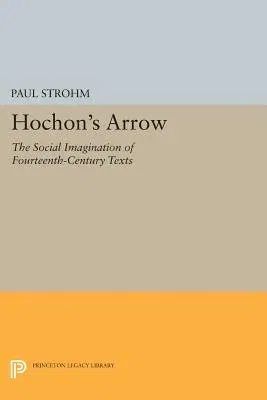"The paradox of the lie that might as well be true," writes Paul Strohm,
"must interest anyone who seeks to understand texts in history or the
historical influence of texts." In these seven essays, all recent and
most published here for the first time, the author examines historical
and literary texts from fourteenth-century England. He not only
demonstrates the fictionality of narrative and documentary sources, but
also argues that these fictions are themselves fully historical.
Together the essays institute a dialogue between texts and events that
restores historical documents and literary works to their larger
environments. Strohm begins by inspecting legal records that accuse
Hochon of Liverpool in 1384 of threatening to shoot an arrow at a
political adversary urinating against a wall, and shows how the text
embodies and interconnects language, social space, and historical
interpretation itself. Throughout his analyses, which cover such topics
as Chaucer's verses on the accession of Henry IV, Froissart's account of
Queen Philippa interceding for the burghers of Calais, and Thomas Usk's
accusations against John Northampton, Strohm alerts us to the
distortions of textuality itself while challenging our notions of
"invented" and "true."
Originally published in 1992.
The Princeton Legacy Library uses the latest print-on-demand
technology to again make available previously out-of-print books from
the distinguished backlist of Princeton University Press. These editions
preserve the original texts of these important books while presenting
them in durable paperback and hardcover editions. The goal of the
Princeton Legacy Library is to vastly increase access to the rich
scholarly heritage found in the thousands of books published by
Princeton University Press since its founding in 1905.

